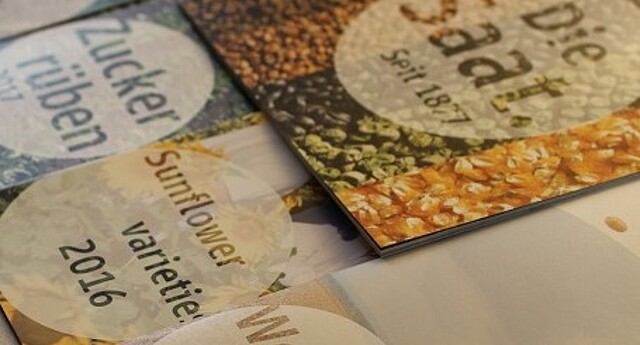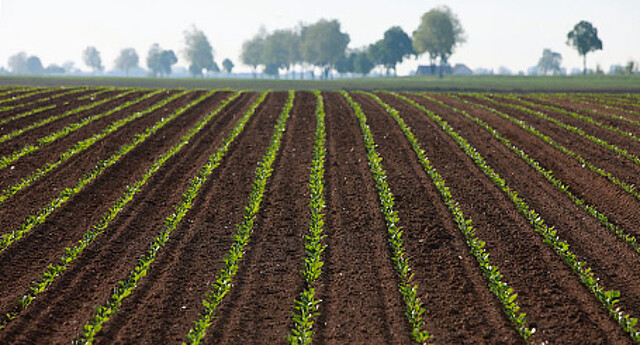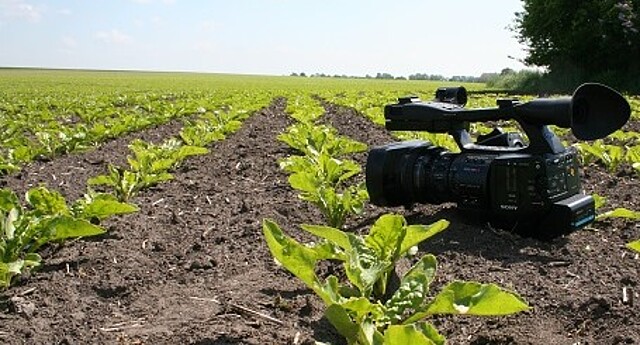With sugar beet growers now giving consideration as to what they should sow for the 2020 season, leading independent agricultural consultant Robin Limb considers what goes in to what goes into the ground. Robin unearths hidden value and shows that, like beet itself, much lies below what one can see…
Sugar Beet Variety Advice for 2020
As growers mull over their selection of sugar beet varieties for next year, there are many factors to consider. Yield potential is an obvious indicator, although other aspects such as bolting resistance and establishment should also be taken into account. Sugar beet seed breeding is a highly technical and complex process, involving up to 20 years of research into what the next best cultivar will be. Following a successful product launch, the average life expectancy of a new variety is about three years – hence the need for some motivation to continue new research and development.
Growers frequently grumble about the ever-increasing cost of seed, but they are actually paying a ‘technology fee’. The breeders will never try to claim all of the benefits of increased yield, but they must have some something to get out of bed for in the morning, otherwise why should they bother? Fertilisers and agrochemicals do what they say on the bag or the can, but seed delivers more year-on-year – hence we need to appreciate the added value that comes from seed breeding and new varieties.
Sugar Beet Breeding: More Than Meets The Eye
Sugar beet seed breeding is far more complex than that of say cereals or pulse crops. Cereals are an in-breeding species and the seed can be saved and used the next year. Beet is an out-breeding biennial plant from which the seed cannot just be harvested and re-planted the next year. It is necessary to maintain two sets of distinct genetic lines to back-cross each year to ensure the D.U.S. (Distinctness, Uniformity and Stability) of each variety, otherwise the genetic ploidy of plants would run out of control and end up looking like a jungle on your farm.
Beet seed production generally takes place in regions such as northern Italy or central France – which coincide with some of the best wine growing areas – how fortunate can you get when seed crop inspecting?
General Advice on Seed Selection
Choosing the right seed is crucial and here are some tips for making the right choices:
• Depending upon contract size, select a range of varieties from the top 50% of the BBRO Recommended List – but no more than five. But also note the comments on the List that differences in yields of less than 4% should be treated with reserve
• Choose on the basis of highest adjusted yield, but avoid selecting all new varieties - especially if some existing ones appear to suit your particular circumstances
• Consider factors such as bolting resistance if sowing early, and disease resistance
• If BCN or AYPR Rhizomania are a problem, choose the highest adjusted yielding varieties
• It is also advisable to spread your selections over more than one seed supplier
• For further advice speak to your agronomist or British Sugar Contract Manager
Like To Know More?
If you would like some advice on which varieties will be right for your farm in 2020, then please do not hesitate to contact the Strube UK team. Alternatively, you can call Mark on 07850 369773 or email him m.culloden@strube.net.




